Online dating, dating apps, dating sites – all of these things have taken the world by storm and has made dating easier than before. Or has it? This article is going to delve deep into not just the world of online dating and dating sites, but will also talk about the psychological truths about dating apps.
As recently as 15 years ago, internet dating was popularly seen as — to put it delicately — something for losers. Sites like Match, JDate, and eHarmony were in their infancy; the whole idea of finding a partner on the Internet hadn’t really transcended its origins in the personals section of the newspaper.
But with the rise of the smartphone and GPS technology, online dating has lost this stigma and ballooned into a multi-billion-dollar industry. Nowadays, you can treat your cell phone like an all-day singles bar, swiping on Tinder whenever you have a few seconds to spare.
Today’s average 30-year-old spends up to 10 hours each week on his or her dating apps, and something like a third of American marriages now begin online.
Related: 3 Biggest Signs That It’s Time To Take A Break From Dating Apps
What Are The Psychological Truths About Dating Apps?
But that bonanza of apps also comes with a bit of a problem — a gaming problem, one might say. Using an app as a dating platform, complete with bright lights, loud sounds, and zippy little graphics, feels a lot like playing a game.
This isn’t an accident. Dating app designers are working hard to make it feel this way — to “gamify” dating so you’ll become addicted to the experience of “playing” it and will soon come back for more.
As a result, using a dating app now feels something like communicating with your neighborhood matchmaker through the medium of a slot machine. “Players” of these games catch the drift right away, learning to present themselves as desirably as possible — in essence, to show other players an idealized version of themselves.
The addictive qualities of “gamified” applications like Tinder or Hinge are neurochemical in origin. Playing games on your phone releases endorphins, your body’s endogenous painkiller. This can reduce your anxiety levels, which feels great, or can even spark the feeling of being “high.”
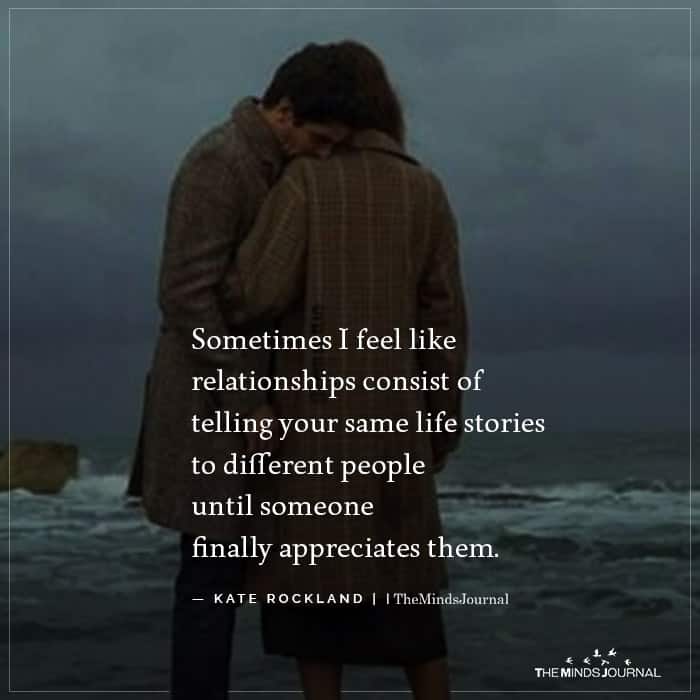
If an app on your phone constantly showers you with badges or other rewards, or offers a chance to review all the badges you’ve won in the past, your app’s designers have likely been working to implicate your serotonin system — because high serotonin levels correlate with happiness, which programmers need to trigger to increase an app’s popularity.
And lastly, a great deal has already been written about the release of dopamine during gameplay. Dopamine, a significant component of the brain’s reward system, creates good feelings while you use one of these apps, and drains away when you put the phone down — which can cause you to start craving the game again.
Behavioral psychology — once known as operant conditioning — is also at work in bringing you back to those dating apps. Getting a match with another “player” provides immediate validation: It proves that someone thinks you’re attractive and may want to go out with you. This good feeling often brings people back to play again.
Also, these matches show up regularly, but intermittently — exactly the schedule of “reinforcement” that is most likely to drive compulsive, repeated behavior in rats, pigeons, or human beings.
Even people who don’t actually enjoy using dating apps like Tinder often stay engaged with the apps just because of these small gratifications.
Also, if you only get a match once in a while, your hopes of romantic connection will be briefly re-invigorated, triggering a burst of motivation to work toward your relationship goals… which will effectively turn your attention back to the app.
Nevertheless, the rate of success on dating apps isn’t great; one study suggested that only about 10 percent of online matches ever result in a meetup in the real world.
Users of Tinder, Bumble, Hinge, OkCupid, Coffee Meets Bagel, Match, Badoo, AdultFriendFinder, or PlentyOfFish — or any of the thousands of other, smaller dating apps available worldwide — often feel discouraged at the difficulty of finding real relationships that way.
And it’s no wonder! Dating sites are in the business of keeping you swiping, looking at their advertisements, and (often) paying monthly fees, rather than finding you true love. (If they did, they’d lose customers.)
Related: 5 Ideas For Finding A Compatible Partner On Dating Apps
And that’s not even getting into the deceptions, obfuscations, and outright lies you’ll encounter when trying to meet someone that way. In one study, 81% of online daters admitted lying (in their profiles) about their height, weight, or age.
Maybe this is why a much-read Vanity Fair article once claimed that Tinder had killed romance for everyone — that most men are using it to find consequence-free sex, and that women are cruising the dating apps just to score free restaurant dinners.
The apps connect their users to an apparently bottomless list of dating possibilities, making it seem as though there is always someone better for you than the person you’re dating, or even just meeting, right now.
With such a preponderance of options, maybe it doesn’t seem worth it to treat any one person as a real priority.
A scientist at the Kinsey Institute once even described internet dating as the second most significant event in the evolution of human reproduction in human history (after Homo sapiens became a non-migratory species, something like ten thousand years ago).
But other studies throw some doubt on these fears. Elisabeth Timmermans, Ph.D. began studying Tinder four years ago to identify the main reasons why people use it; she found that people do not seem to be having more sex because of Tinder (although she admitted that the question merits further study).
A 2017 article by Jean Twenge even claimed that millennials, despite all their Internet dating, typically have fewer sex partners than older generations do.
And Timmermans concluded that sex wasn’t even among the top three reasons for Tinder use.
Plenty of people use Tinder to satisfy their own curiosity, to amuse themselves during downtime, and even just for an ego boost (that is, to see how many people think they’re hot — a style of Tinder usage popular with those who score high on measures of narcissism).
So if you’re finding it difficult to make connections on dating apps, take solace in this: It most likely has nothing to do with you.
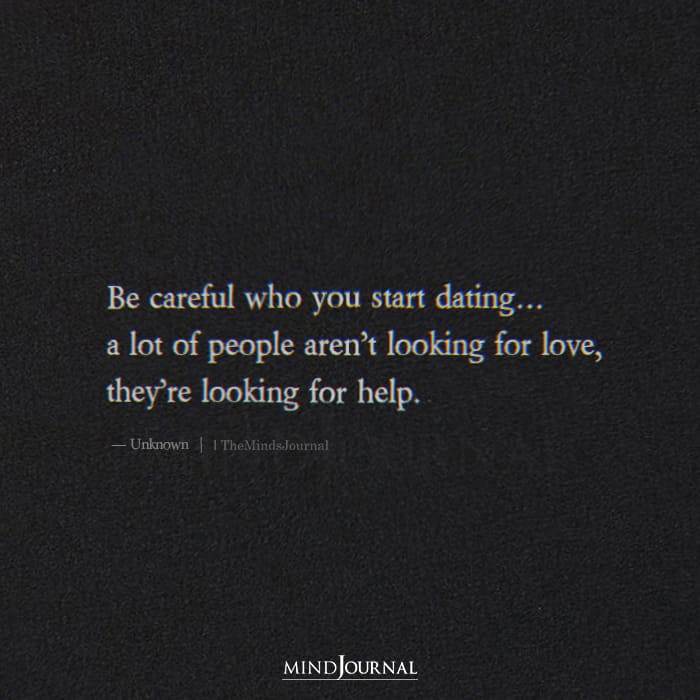
How Can You Make Connections On Dating Apps?
Still, there are a few reliable fixes you can make to improve your online profile — and you don’t have to hack the whole system to make these work.
First of all, post more photos! Increasing the number of photos attached to a profile has been found to attract significantly more matches. For both women and men, studies have shown that posting multiple photos can increase your number of matches by over 35 percent.
Plus, in some of the photos you post, make sure you’re looking directly into the camera. Multiple studies (and at least one podcast) have confirmed, again and again, that a direct gaze is seen as more attractive than an averted one.
Even for people who are already seen as highly attractive, a direct look will trigger more interest and liking than a sidelong or averted glance.
Finally, when you’re posting more photos of yourself looking directly into the camera, smile! You may believe you look better in a serious pose, but in terms of interpersonal attraction, the best any of us can do is a genuine, unguarded smile.
Related: 10 Red Flags in Man Messages To Watch Out For When Dating Online
Despite its problems — as discouraging as it can be — online dating is here to stay. The best perspective is a broad one. Recognize that it’s a complicated system and that its users are induced to spend more and more time on the apps without necessarily making real connections.
Optimize your profile if you choose to participate, but remember that in a lot of ways, the gamification and instant availability of online dating can make it harder to find a real connection.
References:
Brabaw, K. (2018, September 20). This is your brain on Tinder. Retrieved from https://www.refinery29.com/en-us/2018/09/210347/tinder-psychology-datin…
Cacioppo, J. T., Cacioppo, S., Gonzaga, G.C., Ogburn, E.L., & VanderWeele, T.J. (2013). Marital satisfaction and break-ups differ across on-line and off-line meeting venues. Proceedings of the National Academy of Sciences of the United States of America, 110(25), pp. 10135-10140.
Conway, C., Jones, B., DeBruine, L., & Little, A. (2008). Evidence for adaptive design in human gaze preference. Proceedings of the Royal Society B: Biological Sciences, 275(1630), pp. 63–69.
Finkel, E.J., Eastwick, P.W., Karney, B.R., Reis, H.T. & Sprecher, S. (2012). Online dating: A critical analysis from the perspective of psychological science. Psychological Science in the Public Interest, 13(1), pp. 3-66.
Gerger, G. & Leder, H. (2014). Mirror, mirror on the wall, who’s the fairest one of all? Influencing factors and effects of facial attractiveness. In Tinio, P.L. & Smith, J.K. (Eds.), Cambridge Handbook of the Psychology of Aesthetics and the Arts. (pp. 420-446). Cambridge, England: Cambridge University Press.
Hall, E.D. (2018, Feb 13). Why people use Tinder. Retrieved from https://www.psychologytoday.com/us/blog/conscious-communication/201802/…
Helminen, T. M., Kaasinen, S. M., & Hietanen, J. K. (2011). Eye contact and arousal: The effects of stimulus duration. Biological Psychology, 88(1), pp. 124-130.
Kight, S. W. (2019, February 9). By the numbers: Online dating is losing its stigma. Retrieved from https://www.axios.com/online-dating-polling-stigma-tinder-dc5c4ffe-3c84…
LaRosa, J. (2018, August 15). American singles fuel the $2.5 billion dating market. Retrieved from https://blog.marketresearch.com/american-singles-fuel-the-2.5-billion-d…
Li, J. (2019, February 14). Special report: The gamification of courtship. Retrieved from https://www.axios.com/online-dating-swiping-tinder-bumble-hinge-gaming-…
Main, J.C, DeBruine, L.M, Little, A.C, Jones, B.C. (2009). Interactions among the effects of head orientation, emotional expression, and physical attractiveness on face preferences. Perception (39), pp. 62 - 71.
McElhenny, J. (2018, October 23). The gamification of online dating: Why you’re not connecting. Retrieved from https://goodmenproject.com/featured-content/the-gamification-of-online-…
The neuroscience of gamification in online learning. (n.d.). Retrieved from https://www.growthengineering.co.uk/the-neuroscience-of-gamification-in…
Sales, N. J. (2015, August 6). Tinder and the dawn of the “dating apocalypse.” Retrieved from https://www.vanityfair.com/culture/2015/08/tinder-hook-up-culture-end-o…
Twenge, J. M., Sherman, Ryne A.S., & Wells, B.E. (2017). Declines in Sexual Frequency among American Adults, 1989–2014. Archives of Sexual Behavior, 46(8)
Tyson, G., Perta, V.C., Haddadi, H. & Seto, M.C. (2016, July 7) A first look at user activity on tinder. Retrieved from https://www.groundai.com/project/a-first-look-at-user-activity-on-tinde…
Webb, A. (2013, April). Amy Webb: How I hacked online dating [Video file]. Retrieved from https://www.ted.com/talks/amy_webb_how_i_hacked_online_dating/transcrip…
Zukerman, W. (Host). (2018, October 25). Science versus [Audio podcast]. Retrieved from https://www.gimletmedia.com/science-vs/online-dating-can-science-find-y….
Zytko, D., Grandhi, S., & Jones, Q. (2018). The (un)enjoyable user experience of online dating systems. In M. Blythe & A. Monk (Eds.), Funology 2: From usability to enjoyment (pp. 61-75). New York, NY: Springer International Publishing.
Written By Loren Soeiro
Originally Appeared On Psychology Today
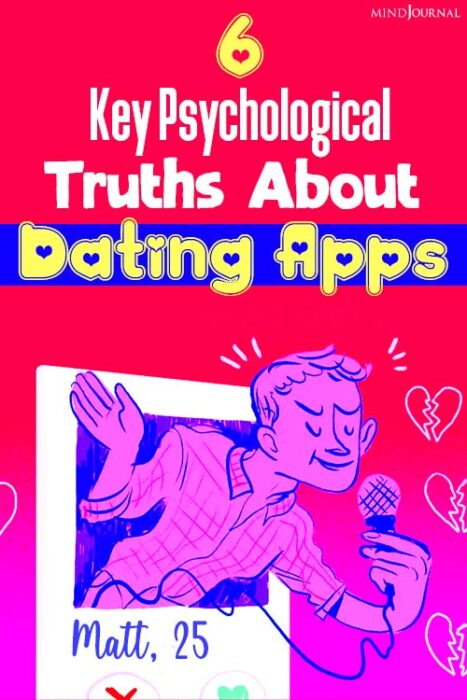
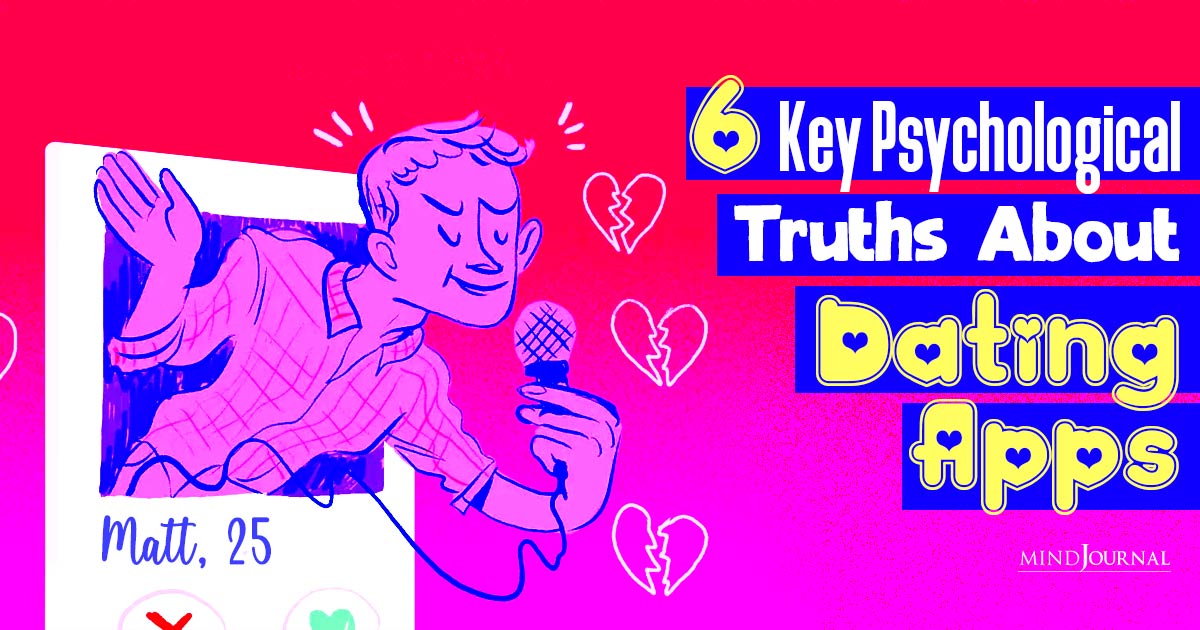
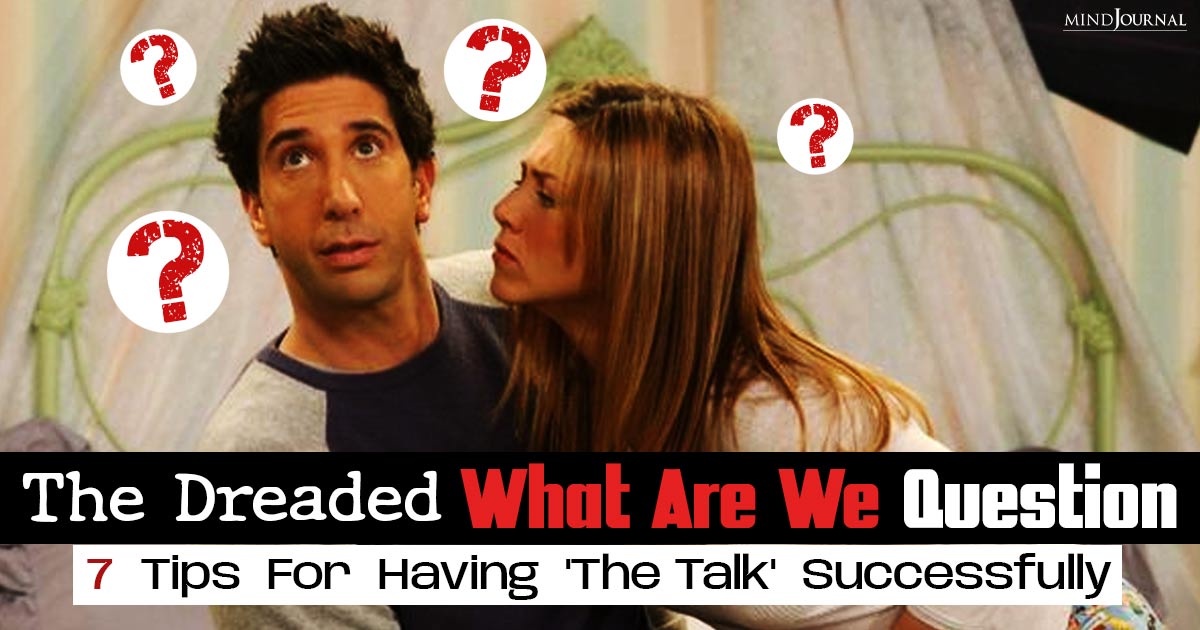
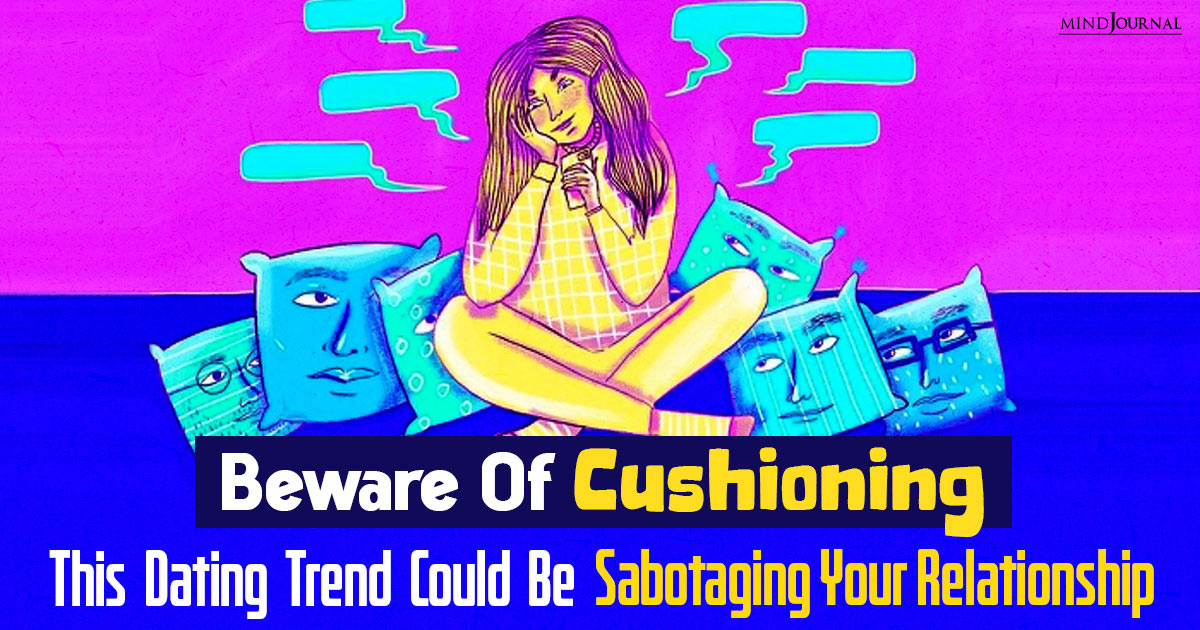

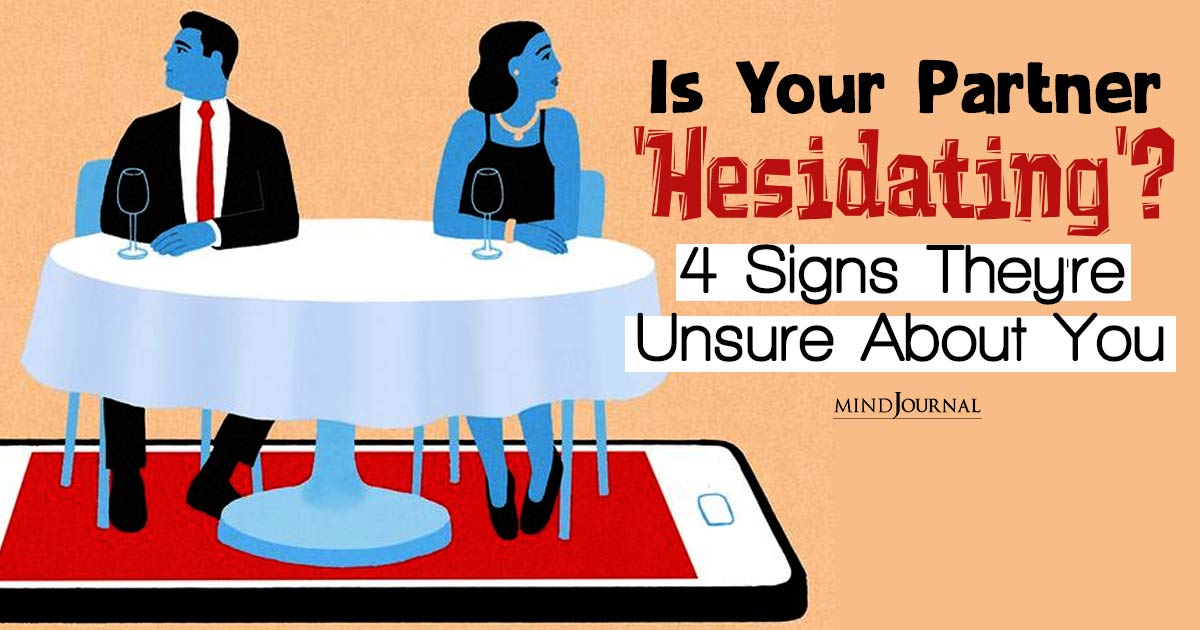
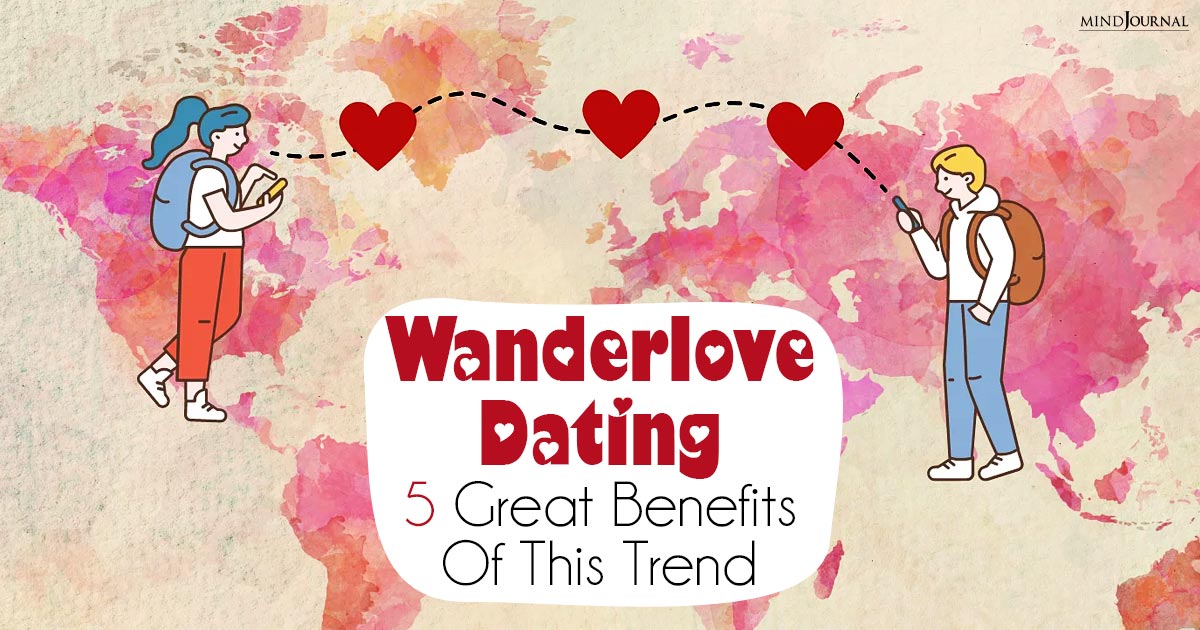
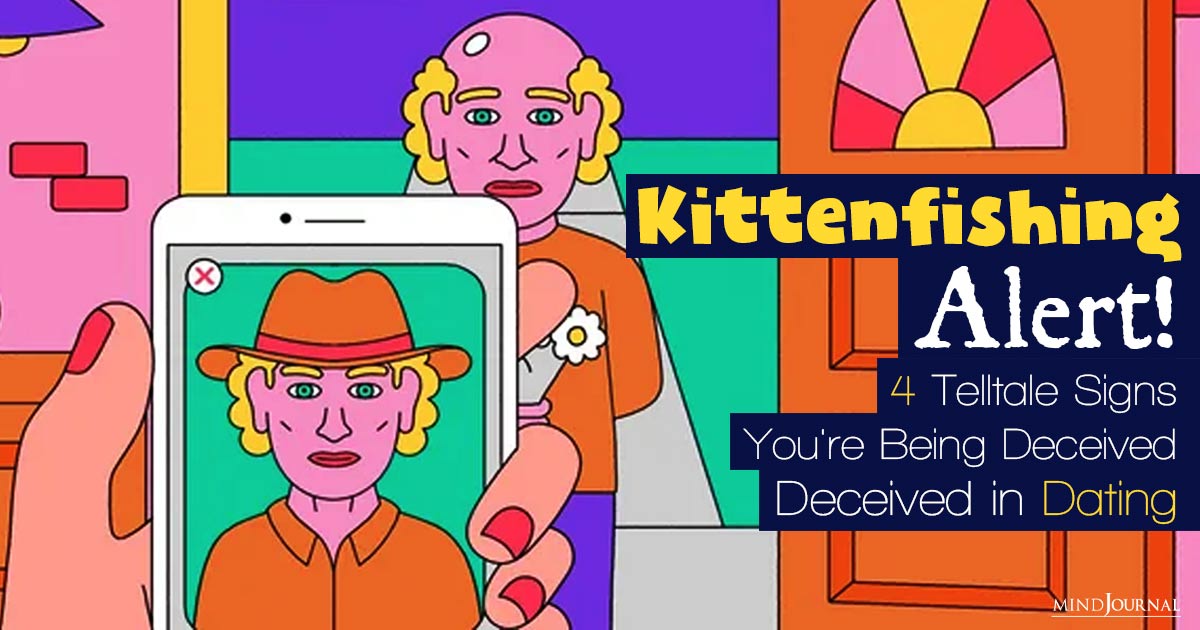
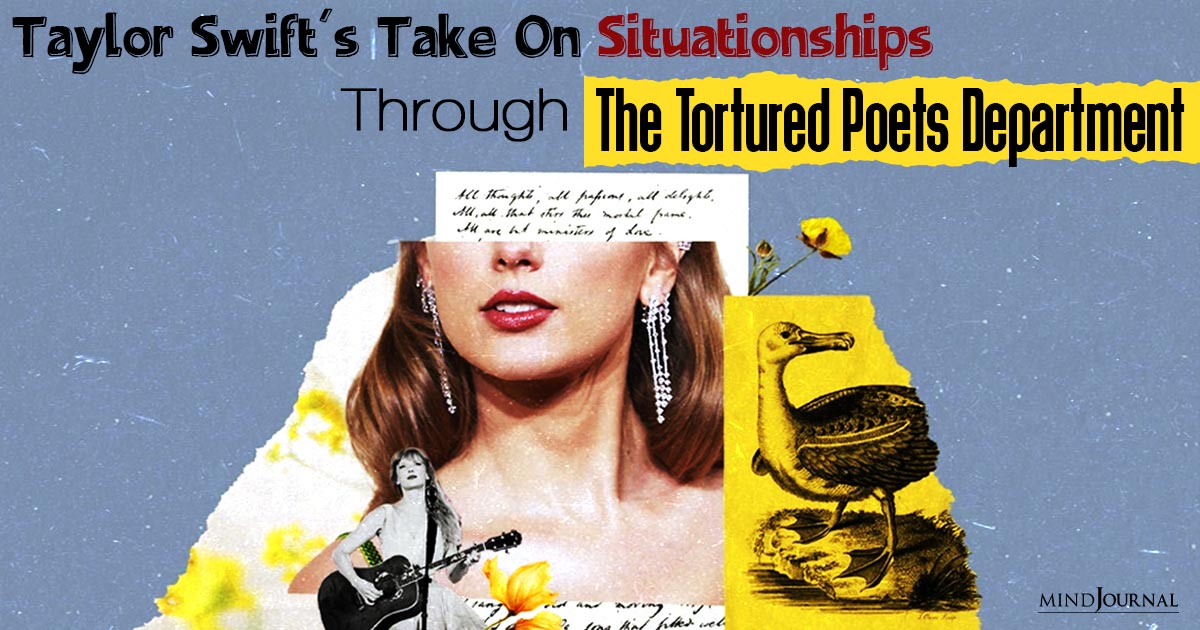
Leave a Reply
You must be logged in to post a comment.